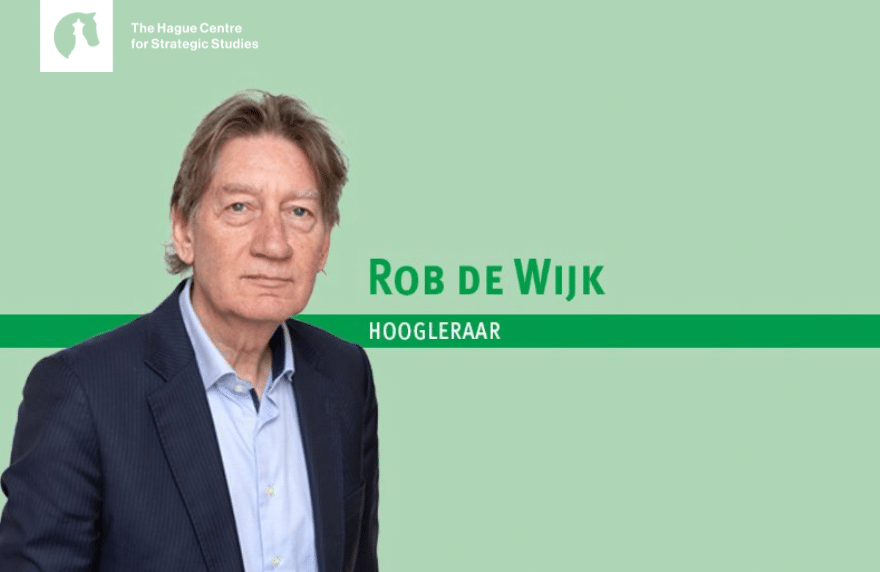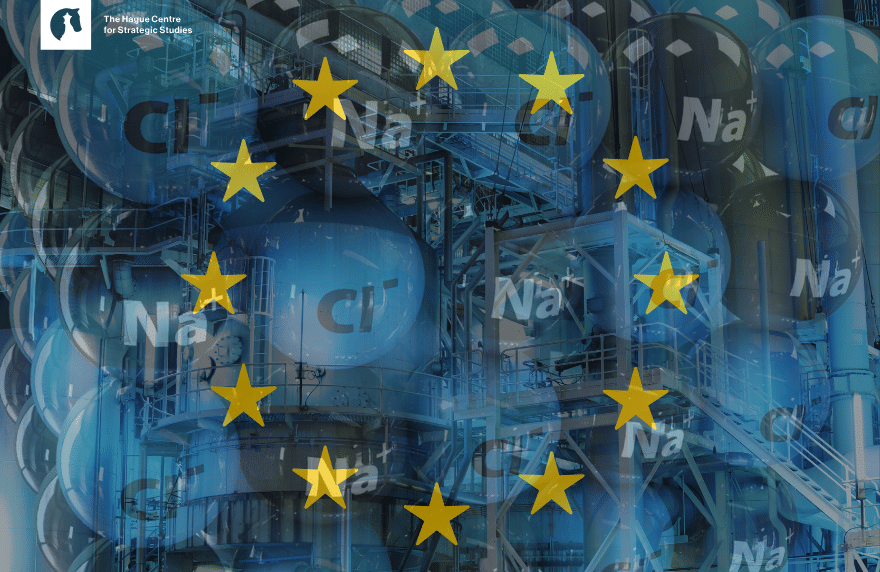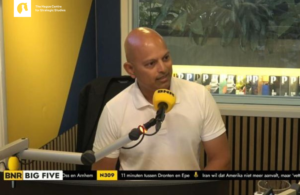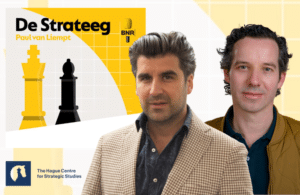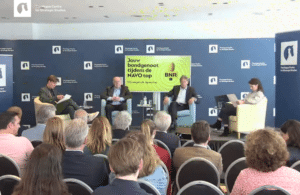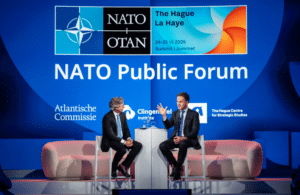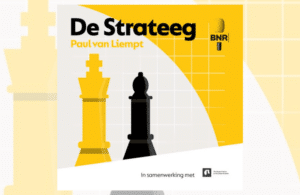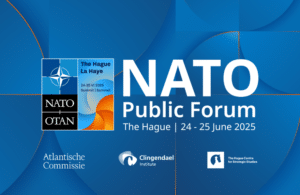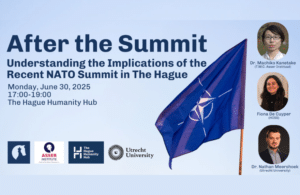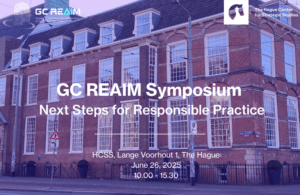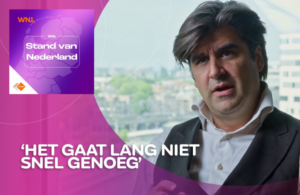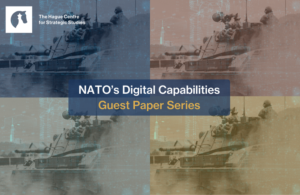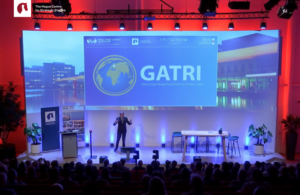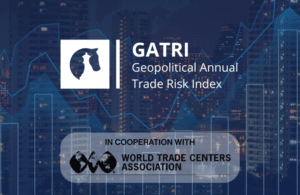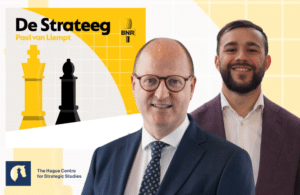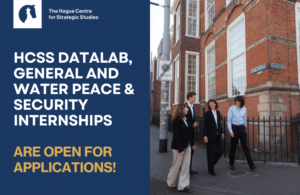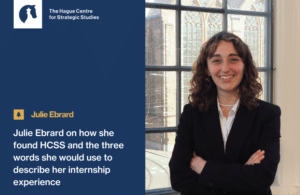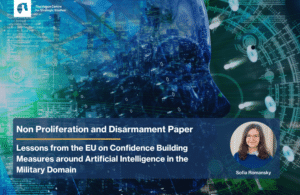Column Nieuwe Oogst: ‘Trump en Xi dwingen de Europese landbouw tot zelfonderzoek’
Het landbouwbeleid van president Trump heeft geleid tot problemen in de VS en heeft ook gevolgen voor de Europese landbouwexport. De Amerikaanse importheffingen beïnvloeden de export van landbouwmachines, drank, fruit, groenten, zuivel en zeevruchten. Tegelijkertijd beperkt China de uitvoer van kritieke grondstoffen. Deze maatregelen raken zowel de Europese hightech- als landbouwsector, die afhankelijk zijn van technologie, data en clouddiensten. Het beleid van Trump en China dwingt de sector om importafhankelijkheden en kwetsbaarheden in kaart te brengen en waar nodig maatregelen te nemen.
Column Globe Magazine | Zonder verandering handelsstromen geen circulaire economie
De transitie naar een circulaire economie is een belangrijk streven van de Nederlandse en Europese overheden. Maar dat doel is in de praktijk nog ver weg. Zo wordt veel ijzerhoudend schroot geëxporteerd naar landen als Turkije en India. Ook e-waste met waardevolle grondstoffen belandt vaak buiten Europa, terwijl deze materialen nodig zijn voor de energietransitie en de halfgeleidersector. Het efficiënter scheiden van reststromen, het stimuleren van hergebruik van grondstoffen binnen Europa en het aanscherpen van exportregels naar landen met lagere milieueisen zijn belangrijke stappen voor het realiseren van een circulaire economie.
Persbericht | Kosten duurzame energie in Nederland en Saoedi-Arabië verrassend vergelijkbaar voor industriële ketens
De toekomstige kosten voor duurzame energie in Nederland en Saoedi-Arabië blijken voor twee belangrijke industriële waardeketens – chloor-alkali en sustainable aviation fuel (SAF) – opvallend dicht bij elkaar te liggen. Dat blijkt uit drie gecoördineerde studies van TNO, HCSS en Roland Berger naar de huidige en toekomstige (2040) energiekosten gebaseerd op hernieuwbare bronnen zoals zon, wind en biomassa, in opdracht van het Nationaal Programma Verduurzaming Industrie (NPVI) en Koninklijke Vereniging van de Nederlandse Chemische Industrie (VNCI).

